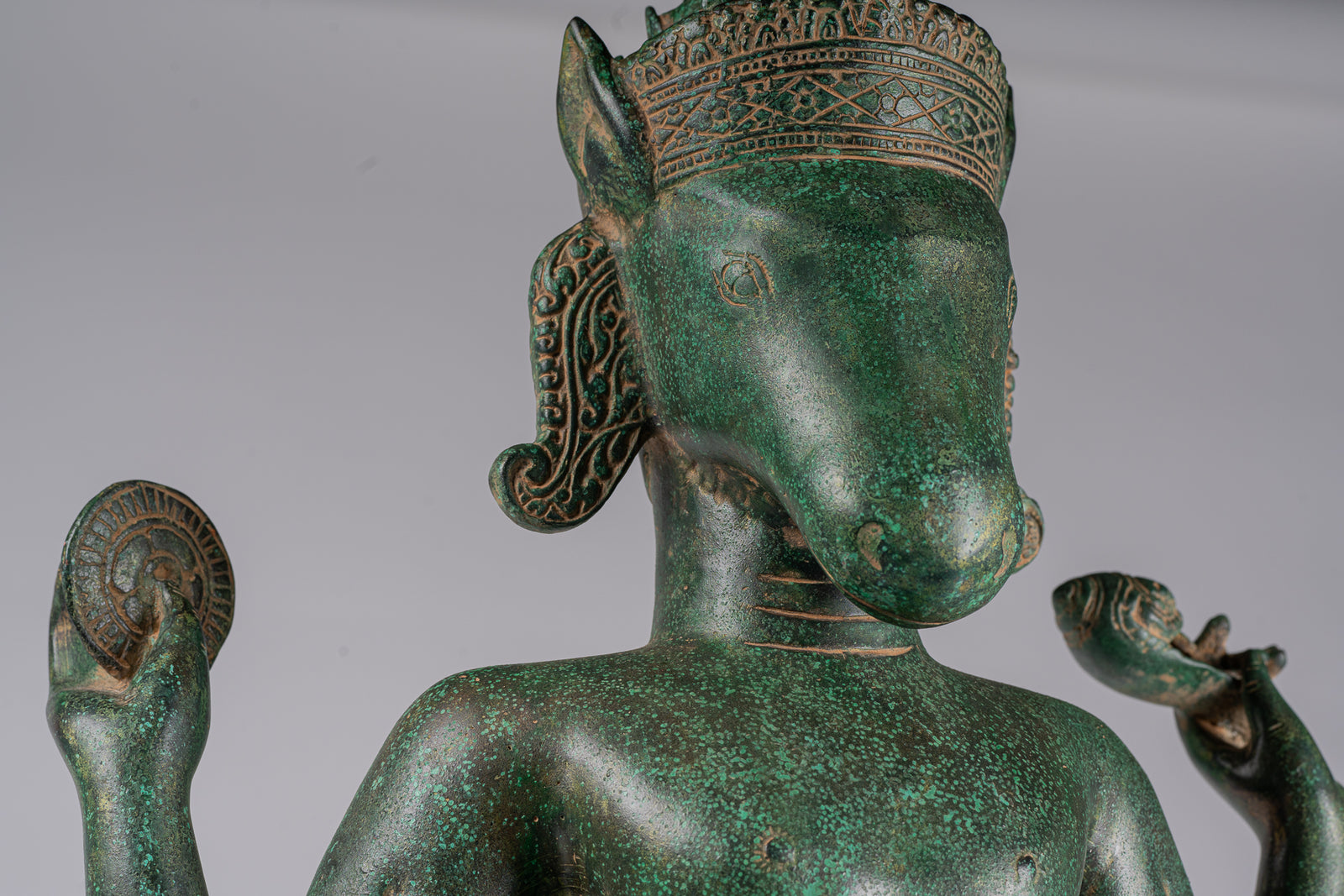
Seva: The Sacred Practice of Selfless Service in Hindu Philosophy
In the rich tapestry of Hindu philosophy, Seva stands as a foundational principle, embodying the essence of selfless service, compassion, and altruism. Rooted in ancient texts and revered by spiritual luminaries, Seva transcends mere acts of charity, offering seekers a profound path to spiritual growth, selflessness, and inner fulfillment.
In this comprehensive guide, we delve into the significance, interpretation, and transformative power of Seva in Hindu philosophy.
Understanding the Essence of Seva
Seva, derived from the Sanskrit root "sev," meaning to serve or attend, denotes the practice of selfless service rendered with love, compassion, and humility. At its core, Seva is an expression of devotion to the divine and recognition of the sacredness of all beings. It transcends distinctions of caste, creed, and status, embracing the principle of universality and interconnectedness. Seva is not merely a social obligation but a spiritual practice that nurtures the heart, purifies the mind, and fosters a sense of unity and belonging.
The Source of Seva in Hindu Texts
Seva finds profound expression in Hindu scriptures, including the Vedas, Upanishads, Bhagavad Gita, and the teachings of saints and sages. In the Bhagavad Gita, Lord Krishna extols the virtues of selfless service, declaring that one who performs their duties without attachment and with a spirit of Seva attains spiritual liberation. The Upanishads proclaim Seva as the highest form of worship, affirming that serving others with love and compassion leads to the realization of the self and union with the divine.
The Scope of Seva
Seva encompasses a wide range of activities and practices aimed at alleviating suffering, promoting well-being, and serving the greater good:
-
Service to Humanity: Seva involves acts of kindness, generosity, and compassion towards all beings, regardless of their background or circumstances. It includes feeding the hungry, caring for the sick, sheltering the homeless, and uplifting the marginalized and vulnerable.
-
Service to Society: Seva extends to contributing to the welfare and development of society as a whole. It includes initiatives such as education, healthcare, environmental conservation, and community development that benefit the collective well-being.
-
Service to the Divine: Seva is also seen as an offering of love and devotion to the divine presence manifest in all beings. It includes practices such as serving in temples, ashrams, and spiritual centers, performing rituals, and supporting the spiritual upliftment of others.
The Practice of Seva in Daily Life
Seva is not limited to grand gestures or extraordinary acts but can be practiced in everyday life through simple acts of kindness and compassion:
-
Acts of Kindness: Offering a helping hand to those in need, lending a listening ear to someone going through a difficult time, or performing random acts of kindness without expecting anything in return.
-
Volunteerism: Volunteering time, skills, or resources to support charitable organizations, community projects, or humanitarian initiatives aimed at addressing social, environmental, or humanitarian challenges.
-
Selfless Giving: Sharing one's blessings, whether material, emotional, or spiritual, with others in need, and cultivating a spirit of generosity, gratitude, and abundance.
The Spiritual Significance of Seva
Seva holds deep spiritual significance in Hindu philosophy, serving as a pathway to self-realization and spiritual liberation. By engaging in selfless service, one transcends the ego, purifies the heart, and aligns oneself with the divine will. Seva is not only a means of serving others but also a means of self-transformation, leading to greater compassion, humility, and inner peace.
Conclusion: Embracing the Spirit of Seva
As seekers on the path of spiritual awakening, Seva invites us to embody the highest ideals of compassion, service, and selflessness in our thoughts, words, and actions.
In a world marked by division, inequality, and suffering, the practice of Seva offers us a transformative vision of a world founded on love, understanding, and unity.
May we embrace Seva as a guiding principle in our lives, and may its spirit of selfless service inspire us to create a more compassionate, just, and enlightened world for all beings.


